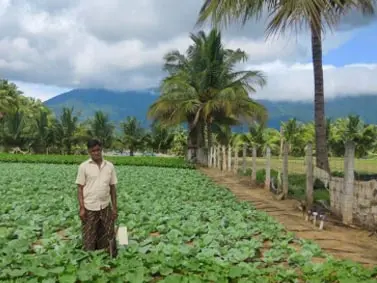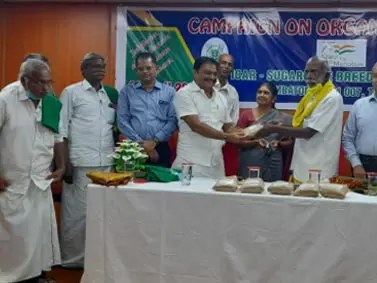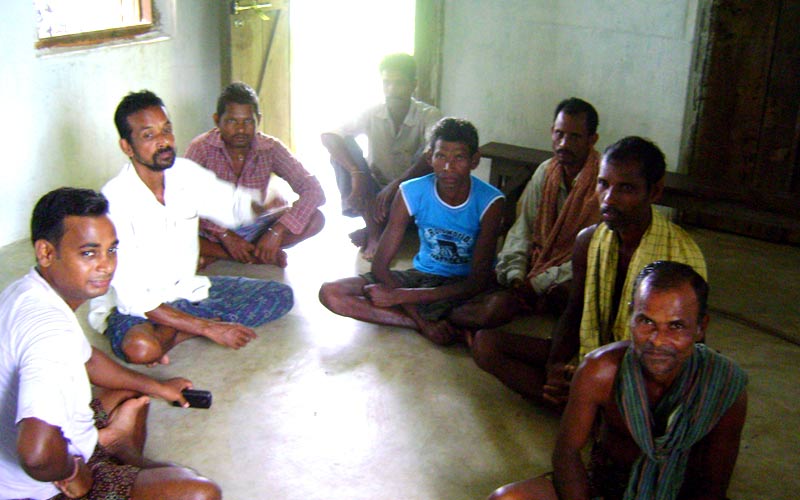Men and Farmer's Club
Men and Farmers Club
Uplifting communities by educating men and farmers
Supporting men and youth in rural communities
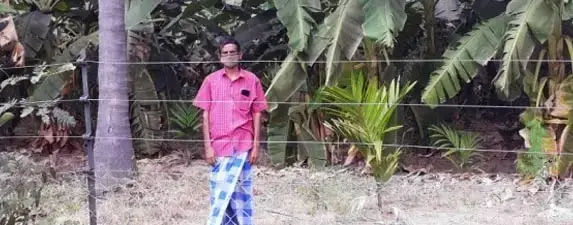
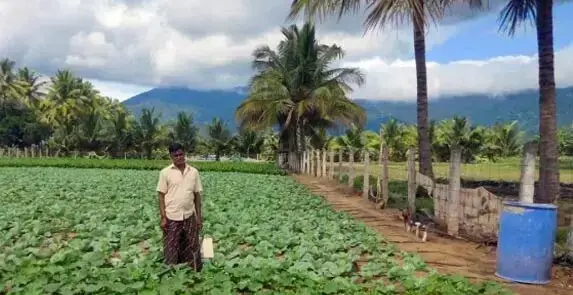
Igniting progress. Creating opportunities.
We designed this program for the men and youth in rural areas who are eager to actively participate in agricultural activities, enhance their skills, and contribute to the overall progress of their communities. This program is tailored to guide people through their aspirations whether it be a farmer, a rural entrepreneur, or a young individual seeking personal and professional growth.
Our program participants have been benefiting from the collective strength and knowledge-sharing within the Men and Farmers Club network. With these clubs, we are helping rural men become part of a vibrant community of like-minded individuals who support and uplift each other.
Impacting agricultural productivity and rural development
Our program has made a significant impact in various areas, fostering sustainable development and positive change. Some of the key impact areas include
- Agricultural productivity
Through training programs, access to resources, and sharing of best practices, we enhance agricultural productivity and improve the livelihoods of farmers
- Rural entrepreneurship
The program encourages and supports rural entrepreneurs with mentoring, financial assistance, and opportunities to showcase their products and services
- Community development and active participation in local self-government
We actively engage in community development activities, building infrastructure, promoting education, healthcare, and sanitation, as well as empowering marginalized sections of society. Active participation in Upgram Sabha and Gram Sabha, contributing to village upliftment

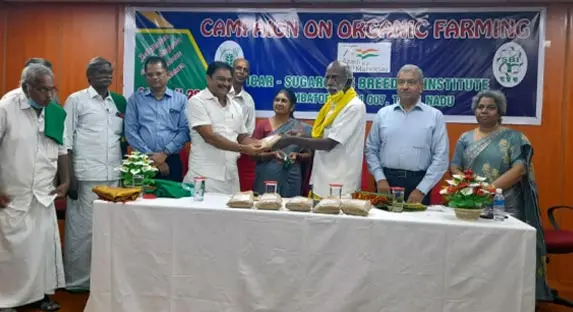
From community awareness to community development
We follow a comprehensive approach to empower and uplift participants. Here’s an overview of how the program works
- Mobilization of young men
Our program is established in villages, providing a platform for men and youth to come together, exchange knowledge, and collectively work towards their personal and community growth. The farmer producer companies facilitated by CORD, the Upgram Sabhas, and Gram Sabhas, and the invitation to Mahila Mandals, involve them in the local issues faced by the village and the gram panchayat - Capacity-building and training
We conduct regular training sessions, and skill development programs to equip participants in various areas, including agriculture, entrepreneurship, financial literacy, and leadership - Access to resources
Through our partnerships with organizations like NABARD, we facilitate access to finance, agricultural inputs, technology, and market linkages, enabling participants further - Collective decision-making
The members actively participate in decision-making processes, shaping the direction of the program and addressing community challenges through a participatory approach - Networking and collaboration
The program fosters collaboration among participants, encouraging them to share experiences, learn from each other, and explore joint initiatives for mutual benefit
Numbers that make a difference
78
Total Men and Farmers Clubs
Stories of courage and resilience
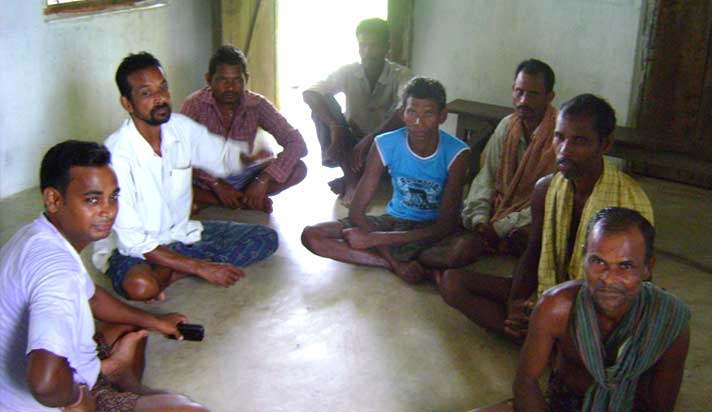
11
Sep
Chinmaya Bapuji Farmer...
Chinmaya Bapuji Farmer Club was formed in year 2017 at Gram ...
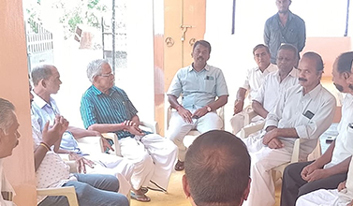
11
Sep
Success Story Gokulam ...
22 Nanjundapuram, a beautiful small rural village in Periyan...

